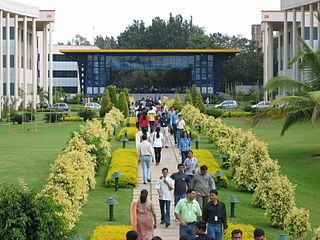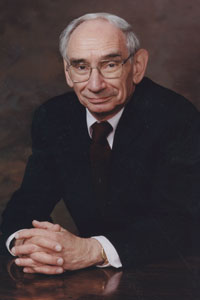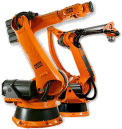 W
WInformation economy is an economy with an increased emphasis on informational activities and information industry. The term was coined by Marc Porat, a graduate student at Stanford University, who would later co-found General Magic.
 W
WConceptual economy is a term describing the contribution of creativity, innovation, and design skills to economic competitiveness, especially in the global context.
 W
WIndividual human mobility is the study that describes how individual humans move within a network or system. The concept has been studied in a number of fields originating in the study of demographics. Understanding human mobility has many applications in diverse areas, including spread of diseases, mobile viruses, city planning, traffic engineering, financial market forecasting, and nowcasting of economic well-being.
 W
WAnthony "Tony" Gervin Oettinger is a linguist and computer scientist best known for his work on information resources policy. Oettinger coined the term “compunications” in the late 1970s to describe the combination of computer and telecommunications technologies that would take place as digital technologies replaced analog forms. In 1973 he co-founded, with John LeGates, the Program on Information Resources Policy at Harvard University. He served as a consultant to the President’s Foreign Intelligence Advisory Board and the National Security Council and NASA’s Apollo moon-landing program. From 1966 to 1968 he was president of the Association for Computing Machinery (ACM). He was recognized for his work in the intelligence community with the naming of the Anthony G. Oettinger School of Science and Technology Intelligence of the National Intelligence University. He is Gordon McKay Professor of Applied Mathematics and Professor of Information Resources Policy, Emeritus, at Harvard.
 W
WThe platform economy is economic and social activity facilitated by platforms. Such platforms are typically online sales or technology frameworks. By far the most common type are "transaction platforms", also known as "digital matchmakers". Examples of transaction platforms include Amazon, Airbnb, Uber, and Baidu. A second type is the "innovation platform", which provides a common technology framework upon which others can build, such as the many independent developers who work on Microsoft's platform.
 W
WIn sociology, the post-industrial society is the stage of society's development when the service sector generates more wealth than the manufacturing sector of the economy.
 W
WRobotic process automation (RPA) is a form of business process automation technology based on metaphorical software robots (bots) or on artificial intelligence (AI)/digital workers. It is sometimes referred to as software robotics.